Climate
-
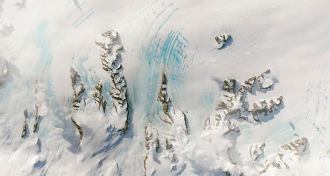 Earth
EarthWarm, dry winds may be straining Antarctica’s Larsen C ice shelf
Wind-induced melting that occurred during the Antarctic autumn may be accelerating the Larsen C ice shelf’s collapse, which could raise sea levels.
By Jeremy Rehm -
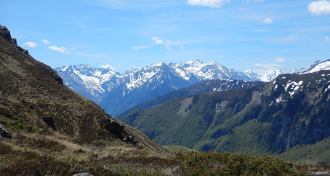 Climate
ClimateTiny microplastics travel far on the wind
Airborne bits of plastic that originated in cities ended up in pristine mountains at least 95 kilometers away, a study finds.
-
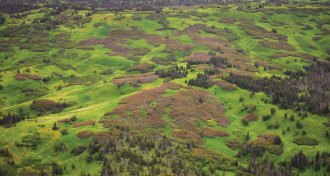 Climate
ClimateClimate change made the Arctic greener. Now parts of it are turning brown.
Arctic browning could have far-reaching consequences for people and wildlife, affecting habitat and atmospheric carbon uptake as well as increasing wildfire risk.
By Hannah Hoag -
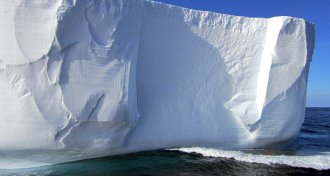 Climate
ClimateAntarctica’s iceberg graveyard could reveal the ice sheet’s future
Drilling deep into the seafloor beneath Antarctica’s “Iceberg Alley” could reveal new clues about how quickly the continent has melted in the past.
-
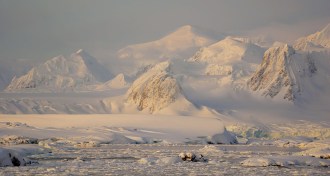 Climate
ClimateOne Antarctic ice shelf gets half its annual snowfall in just 10 days
Antarctica’s coasts get most of their snow from just a few big storms each year.
-
 Climate
ClimateStudents worldwide are striking to demand action on climate change
On March 15, students are set to attend more than 1,000 events to demand that governments do more to rein in greenhouse gas emissions.
-
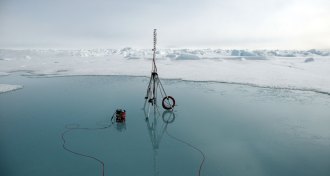 Climate
ClimateWhat happens when the Bering Sea’s ice disappears?
Record-low sea ice in 2018 sent ripples through the Bering Sea’s entire ecosystem. Will this be the region’s new normal?
-
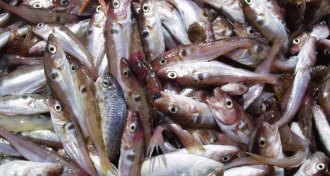 Oceans
OceansOceans that are warming due to climate change yield fewer fish
Warming water due to climate change is diminishing sustainable fishery yields in the world’s oceans.
-
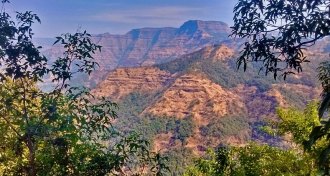 Climate
ClimateDueling dates for a huge eruption reignite the debate over dinosaurs’ death
New dating techniques for the Deccan Traps volcanic eruptions disagree on whether they were the main culprit in the dinosaurs’ demise.
-
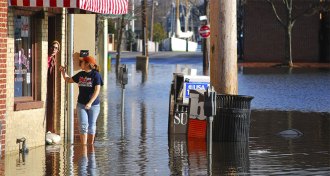 Climate
ClimateTidal floods driven by climate change may hurt small businesses
Parking data from Annapolis, Md.’s historic downtown shows how tidal flooding, driven by sea rise, can hurt local business.
By Sujata Gupta -
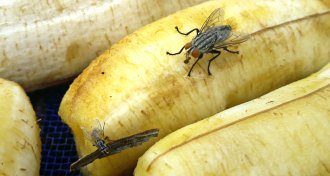 Climate
ClimateClimate change could increase foodborne illness by energizing flies
Warmer, more lively house flies could spread more Campylobacter bacteria by landing on more food.
By Susan Milius -
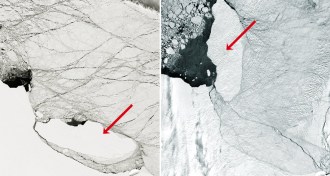 Climate
ClimateAn Antarctic expedition will search for what lived under the Larsen C ice shelf
The fourth attempt to investigate the seafloor once hidden by the Larsen C iceberg may have the best chance yet of success.